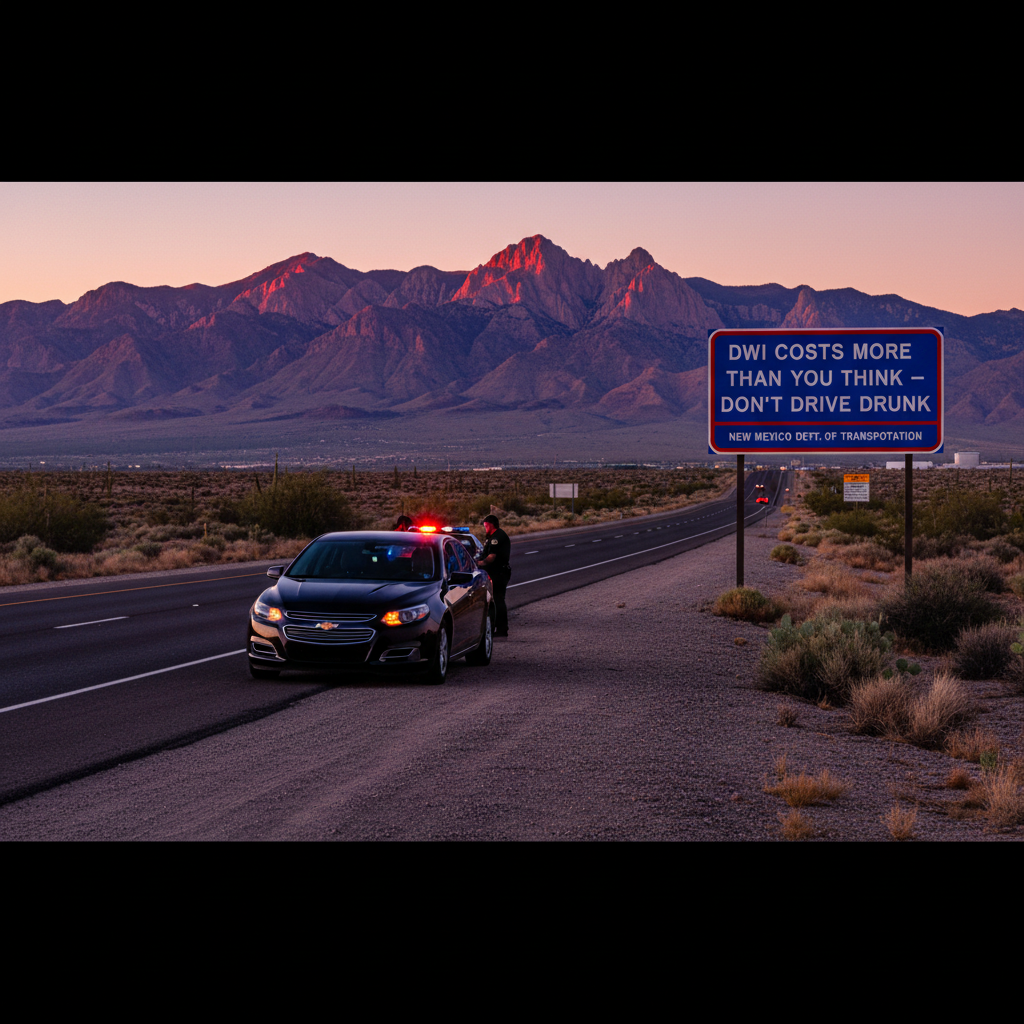The Strategic Advantage of Dual Criminal Defense and Civil Rights Representation
After 10 years of being a public defender in New Mexico, I’ve come to appreciate when a criminal case intertwines with civil rights violations. As a public defense attorney, my dedicated role limited what I can do; but since stepping out on my own and taking on civil cases, I have found that I can fight for my clients like never before. It is true: having an attorney who can navigate both arenas from the outset isn’t just convenient—it’s strategically essential.
Since starting my office, some of my favorite cases have been the ones where a client faces criminal charges and the circumstances surrounding their arrest and investigation reveal serious civil rights violations stemming from police misconduct. My new role allows me to simultaneously defend their liberty while building the foundation for justice and accountability through a subsequent civil rights lawsuit.
Fighting on Two Fronts, One Mission
In the criminal arena, my primary obligation is clear: protect my client’s liberty and freedom. This means scrutinizing every piece of evidence, challenging illegal searches and seizures, and ensuring prosecutors and judges understand when law enforcement has overstepped their bounds. When police make procedural errors, constitutional violations, and seriously disregard our most fundamental rights like personal safety and human dignity, I’m there to ensure that tainted evidence is suppressed.
But here’s where the strategic advantage emerges: while I’m defending my client’s liberty, I’m simultaneously gathering evidence, documenting their broken policies, recording witness statements, and collecting information about oversight failures. Every pretrial interview, every police report, every procedural misstep becomes part of a comprehensive record that will serve us when we transition from defense to offense—in a civil rights lawsuit.
In New Mexico, timing isn’t just important—it can make or break your civil case. I’ve seen far too many cases where there was a great civil rights action underneath the prosecution… but the claim was not preserved as required by New Mexico Law. A failure to preserve your claim with the right notices means you lose your New Mexico State specific causes of action. Under the New Mexico Civil Rights Act and the New Mexico Tort Claims Act, unnoticed claims can be forever barred, regardless of how egregious the violation. Please check out my blog on these critical deadlines: New Mexico Tort Claims Act and Civil Rights Notice: What is necessary to sue NMCD and MDC for mistreatment of a prisoner? – Max Pines Law
Having a criminal defense attorney who understands these parallel timelines from day one is invaluable. While defending against criminal charges, I’m simultaneously monitoring notice requirements, ensuring we preserve my client’s right to seek civil remedies and overcome sovereign immunity protections that shield government entities from liability.
Avoiding the Plea Deal Trap
Another critical advantage of having a dedicated criminal defense attorney who can also serve you on the civil case is the unique ability to advise you in two different roles. I can protect clients from deceptively attractive plea deals that might resolve the criminal case quickly but devastate their civil rights claims. Many defendants, understandably focused on avoiding jail time, don’t realize that pleading guilty can severely undermine or even bar their ability to seek compensation for police misconduct.
Prosecutors may offer reduced charges that seem like a lifeline, but accepting a plea—particularly one that requires admitting guilt—can foreclose civil remedies. With dual representation from the start, I can evaluate every plea offer not just for its criminal implications, but for how it affects the ultimate justice and accountability my client deserves.
Recognizing What Others Miss
Perhaps most importantly, having an attorney intimately familiar with police practices, investigation protocols, and constitutional requirements means I can spot problems that others might overlook. I know when something is amiss—when an investigation doesn’t follow proper procedures, when evidence appears manufactured or manipulated, when officers’ reports don’t align with physical evidence or witness testimony.
This expertise allows me to identify constitutional violations in real-time, preserve evidence that might otherwise disappear, and build a comprehensive record that serves both the criminal defense and the eventual civil rights action. I’m not learning about police misconduct after the criminal case concludes; I’m documenting it as the defense unfolds.
The Value of Comprehensive Representation
What is the value of a fancy plaintiff’s attorney if you end up with a prison sentence on the criminal case? Isn’t the value of that criminal defense attorney less if they drop the ball on your potential civil rights claim? The criminal justice system and civil rights litigation don’t exist in isolation—they’re deeply interconnected, especially when law enforcement oversteps its bounds. Having an attorney who can operate effectively in both arenas, who understands the strategic interplay between criminal defense and civil rights claims, and who can protect your interests on two fronts simultaneously, isn’t just an advantage—it’s often the difference between justice denied and justice achieved.
When someone’s liberty and constitutional rights are both at stake, they deserve an advocate who can fight for both with equal vigor, strategic insight, and unwavering commitment. That’s the representation I strive to provide every day at Max Pines Law.






